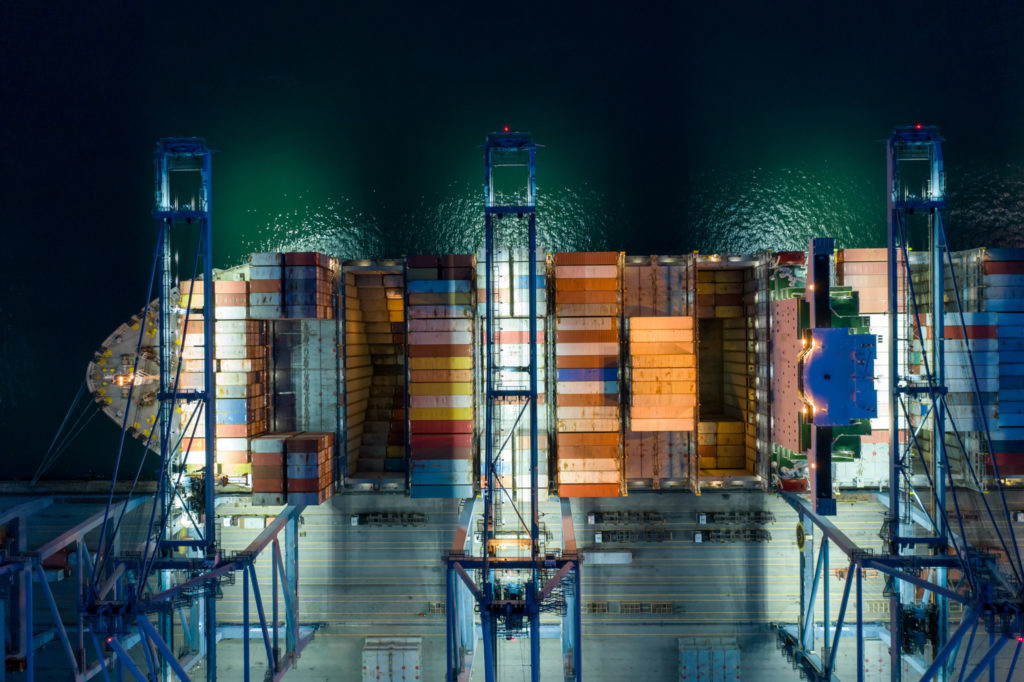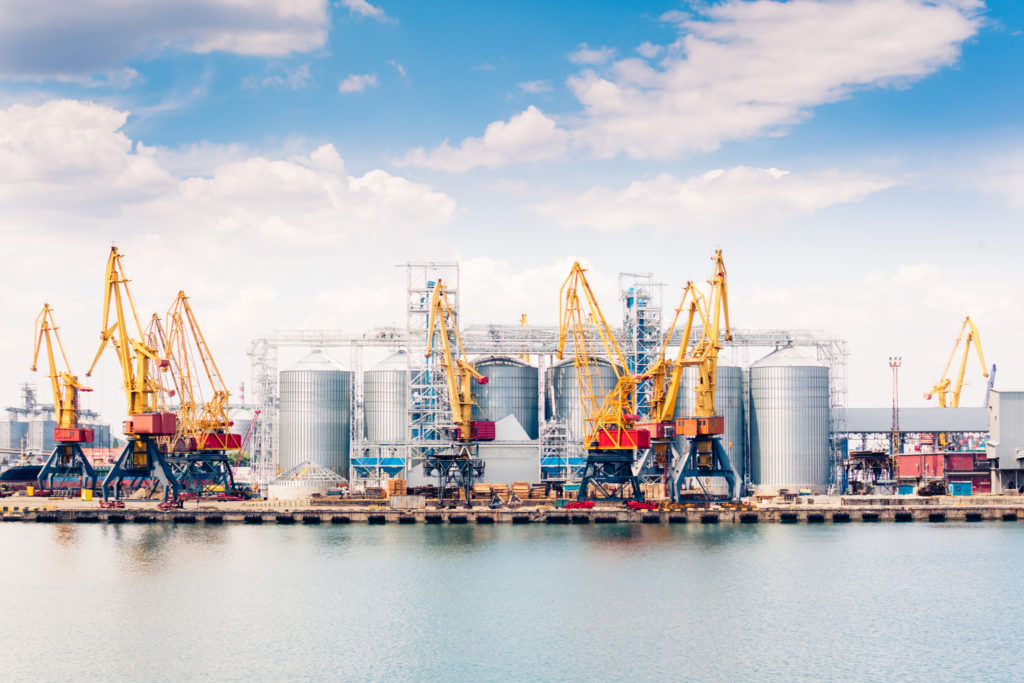While most people have heard the term “global supply chain,” fewer people understand how global supply chains directly impact our daily lives. In business, supply chains serve as the intermediary step between production and consumption.
Recent technological advances now allow supply chains to stretch across borders and continents, helping deliver products to consumers living on opposite ends of the earth.
Globalization has expanded trade routes and fostered connections between businesses across the globe. By opening up new avenues of exchange, global supply chains have given us access to products and services our grandparents could only have dreamed about.
So what is a global supply chain?
Global Supply Chain Definition – What Is It?
The underlying principle of global supply chains is relatively simple. A global supply chain is an international network that businesses use to produce and transport goods and services across different markets. With the proper infrastructure, a manufacturer can develop a product in one country and sell it in another.
While the concept is easy enough for most people to grasp, managing a global supply chain is anything but effortless. From dealing with supply chain issues to navigating international customs, businesses must consider a wide range of factors when setting up a global supply chain.
Global supply chains also span great distances, increasing the number of connections between point A and point B. With more steps in the process, global supply chain risks increase. If one link in the chain fails, the entire supply line may be in jeopardy.
Possible issues include production complications, weather disruptions, crop failures, miscommunication, and illnesses like the recent pandemic outbreak.
However, with the added risk comes great reward. The benefits that global supply chains bring also vastly outweigh the adverse risks.
Global Supply Chain Examples
Whether or not you know it, supply chains likely play a significant role in your life. One of the best ways to demonstrate this is by looking at several real-life global supply chain examples that may or may not pertain to your experience.
Oil and Gas
In 2021 alone, the U.S. imported over 8 million barrels of petroleum per day. Oil production, shipping, and distribution are all steps in the supply chain process that delivers gas to your area.
Fruit
Because most tropical fruits don’t grow year-round in all parts of the world, the fruit you buy from the grocery store likely came from somewhere else. Planting, growing, harvesting, shipping, and delivery are all different links in the global supply chain that enables you to eat bananas in the heart of winter.
Clothes
While clothing manufacturers within Canada and the U.S., much of our clothing comes from abroad. Harvesting plant fibres, weaving cloth, and sewing shirts are all steps in the process that produce the clothes you’re wearing right now.
How Does a Global Supply Chain Work?


Because global supply chains stretch across continents and borders, maintaining and managing a supply chain is an enormous undertaking with many moving pieces. A global supply chain requires a streamlined organizational structure to ensure smooth communication between the various points in the chain.
What is a global supply chain without transportation? The delivery and shipment of goods may be one of the most crucial roles in the global supply chain process. Shipping companies ensure the timely arrival and safe transport of consumer goods from point A to point B.
From local deliveries to international shipments, supply chains rely on expedient and reliable shipping partners.
What Is Global Supply Chain Management?
The goal of supply chain management is to provide optimal customer service as cost-effectively and as quickly as possible. Global supply chain management treats the entire supply chain system as a fully integrated network. Coordinating this network requires advanced planning and insight into how the different parts of the chain function.
To do so requires a well-connected system of manufacturers, suppliers, warehouses, and retail outlets. Financial oversight and communication are key to keeping all of the moving pieces in motion.
Global Supply Chain Benefits
Despite the risks, global supply chains have numerous benefits. To begin with, a well-organized supply chain can lower business costs.
While it may sound counterintuitive to extend your supply line farther afield, moving your production facility to another location can give you access to areas where manufacturing costs may be significantly cheaper. Lower costs help increase revenue over time, promoting growth.
Moving your manufacturing to countries with a favourable exchange rate also stretches your expenditure costs, giving you more for less.
Instead of producing all parts of a product yourself, global supply lines grant you access to suppliers specializing in a particular component or material you use in your finished product. Due to their specialization, these manufacturers produce their goods at a lower rate, helping you cut costs.
Aside from making production cheaper, global supply lines can give businesses access to global markets. Greater exposure to new audiences can expand your customer base, increasing your business’s revenue. Selling abroad can also help enterprises tap into markets with less competition, where local companies cannot provide the goods or services you offer.
Where Global Supply Chains Meet Everyday Consumers
What is a global supply chain without last-mile delivery? Global supply chains are only complete when goods reach the consumer. Last-mile delivery services are responsible for getting a business’s products to their final destination as efficiently as possible.
A last-mile delivery company must have the logistical infrastructure to track items on their shipping journey. This includes using barcode technology, route planning software, and GPS tracking to provide customers and clients with complete transparency throughout the process.
Last-Mile Delivery and Encore Home Delivery in Canada
Backed by AMJ Campbell, our team at Encore Home Delivery provides last-mile delivery service to many of Canada’s major commercial companies. As the last leg of the global supply chain, we know how much work has gone into making your products possible. Contact us today at 905.670.7111 to find out more about our delivery services.



 Who We Are
Who We Are
 Our Advantages
Our Advantages
 Case Study
Case Study



